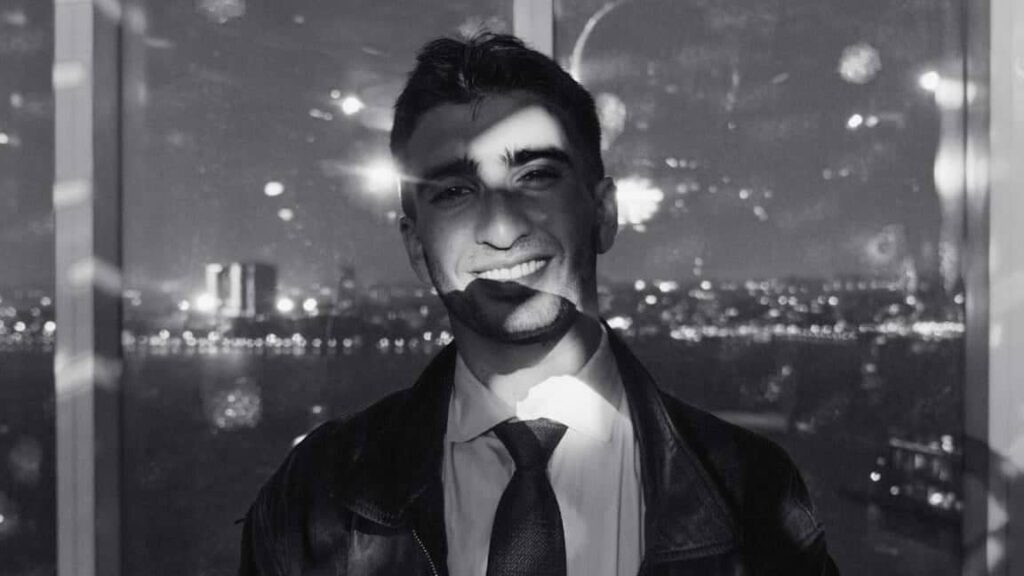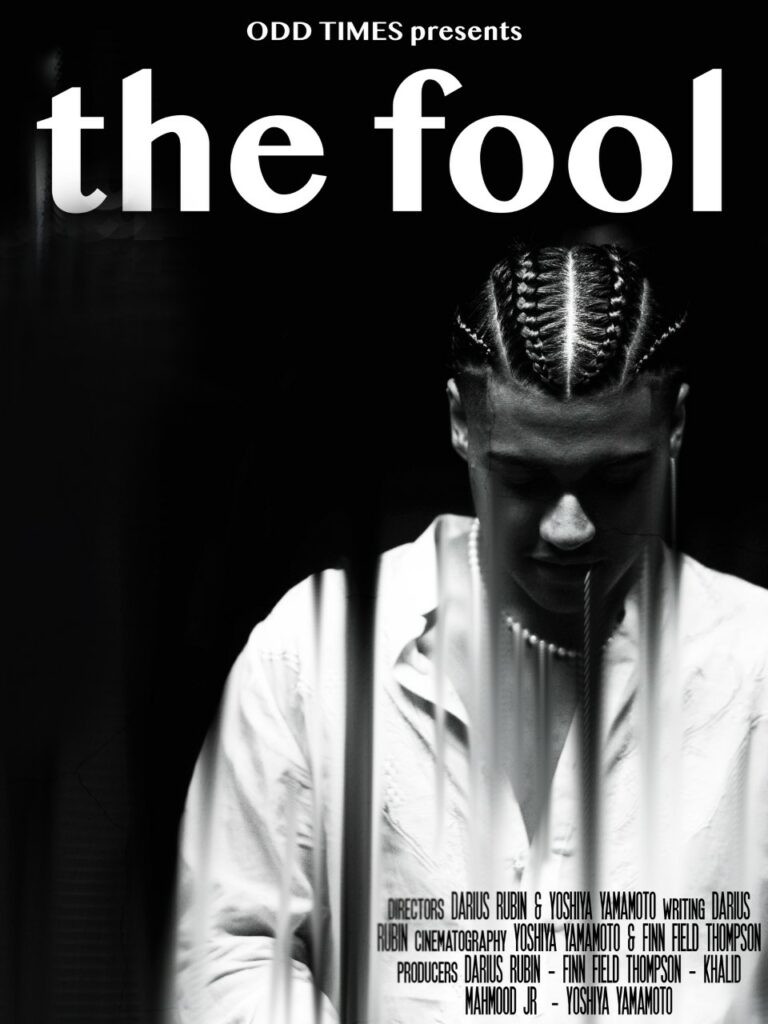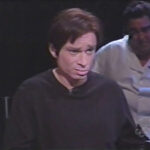Darius John Rubin is a 22-year-old multifaceted creative residing in the vibrant heart of New York City. Balancing his academic pursuits as a history student at Columbia University with his energetic life as a DJ and event organizer, Darius John Rubin also harbors a profound passion for storytelling, particularly through the compelling medium of film and the written word.
 Darius John Rubin portrait
Darius John Rubin portrait
His journey into filmmaking was sparked by a lifelong fascination with narrative in all its forms. “I have always been interested in the idea of telling stories,” Darius John Rubin explains, “whether it is through pictures, stories, poems or videos. Filmmaking to me is the best way to tell a story since it combines every artistic medium and serves as a total sensory bombardment of a specific idea.” This inherent drive to narrate converged with a specific project when his partner, Yoshi, approached him with the concept for a short film centered on the crucial topic of young men’s mental health. Darius John Rubin embraced the opportunity, initially joining as a writer and quickly solidifying his path in the world of cinema. He emphasizes, “I have no intention of looking back,” signaling a firm commitment to his burgeoning filmmaking career.
The Power of Cinema to Shape Perspectives
Darius John Rubin holds a strong belief in the transformative potential of cinema within society. He articulates this conviction by stating, “Ideas represent freedom; they are intangible, hard to trace, hard to protect against, and serve as propellors of action.” He sees film as a potent vehicle for disseminating ideas, possessing “the ability to change a large portion of society’s minds about either an issue or a general culture.” However, he also acknowledges that societal change through film is not passive. “Truly deep, emotional and challenging films do have the ability to bring a change in society, but it’s a question of whether society wants to change, so it has to be pushed,” suggesting that impactful cinema acts as a catalyst, prompting necessary societal introspection and evolution.
 Promotional still from "The Fool" film
Promotional still from "The Fool" film
Reflecting on societal issues he feels passionately about, Darius John Rubin points to the pervasive sense of competition and comparison prevalent in modern, particularly Western, societies. He observes, “from my experience of first-world countries, the most serious problem, having overcome much of the primary human problems of finding basic shelter and getting food, is the competitive nature of society, augmented by social media, which means we are constantly comparing ourselves to others, trying to outdo them, and rarely feeling happy and comfortable with ourselves.” His aspiration for a better world is deeply humanistic: “I wish everyone would never again feel like they are being left behind, and be happy where they are and doing things for others, myself included,” revealing a desire for a more compassionate and self-accepting global community.
Navigating the Unpredictable Future of Film
Looking ahead, Darius John Rubin contemplates the uncertain trajectory of the film industry over the next century. He acknowledges the current dominance of “fast-paced attention-grabbing films,” citing the “Marvel obsession” as an example of commercially successful but potentially less artistically driven trends. This leads him to speculate on a future where cinema might become “a soulless, fast-paced big-budget math equation, or ninety minutes worth of forty second vertical videos to be watched on an iPhone before bed.” Despite this potentially bleak outlook, Darius John Rubin expresses optimism in the enduring power of artistic integrity. “That being said, I do believe in a kind of artistic resistance to that profit-oriented model that will never die,” indicating a belief in the resilience of independent and meaningful filmmaking against purely commercial forces, suggesting a future where diverse voices and cinematic styles can continue to thrive.

